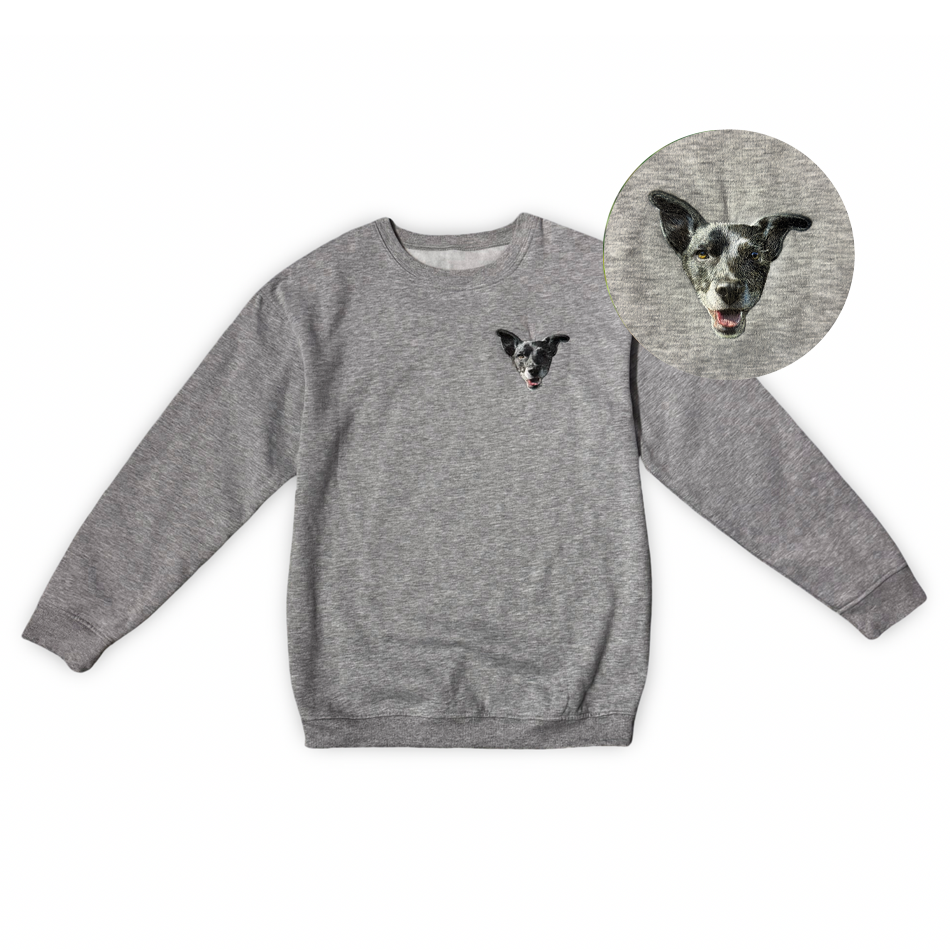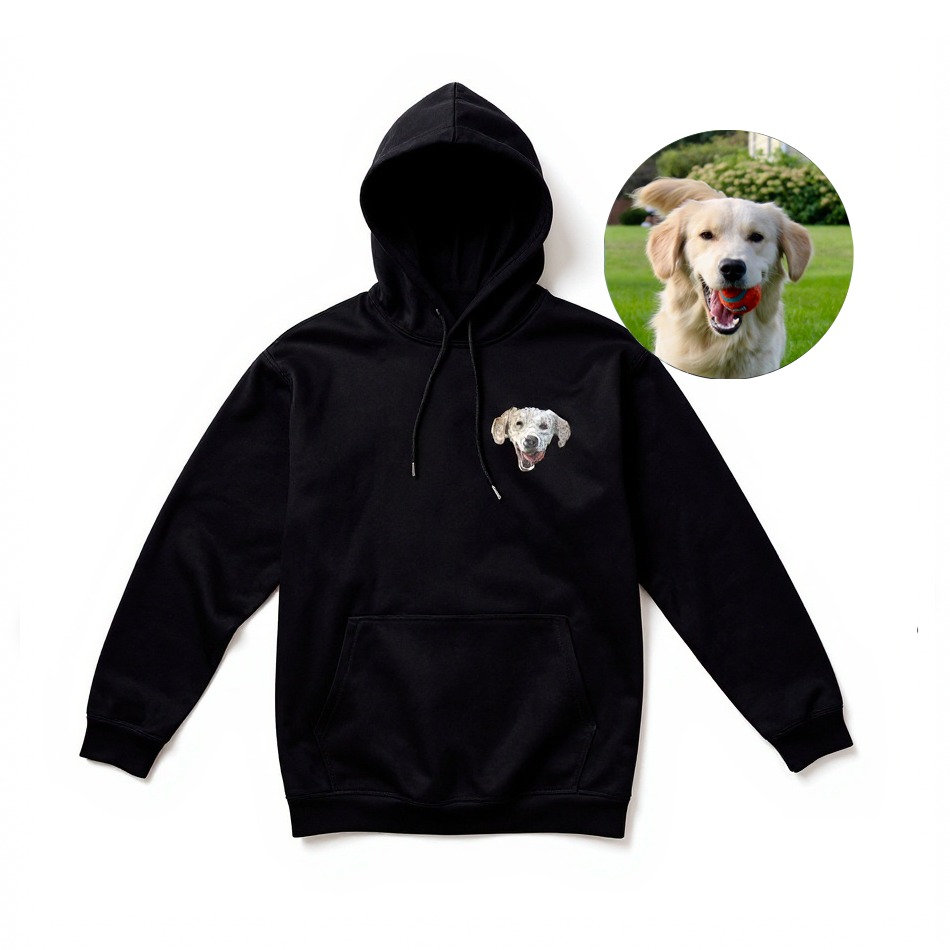Many dogs suffer from swelling, stress, and general inflammation. This can cause a number of unwanted symptoms, from aching to anxiety, that stop dogs from living a full, happy life. So, as owners, it makes sense to do anything we can to reduce inflammation in dogs and our pets in general! Here are five common methods of lowering inflammation in dogs.
WHAT IS DOG INFLAMMATION?
Inflammation is an indicator of stress within the body. In both humans and dogs, this inflammatory response is activated when the body detects an irritant. This could imply the entrance of bacteria or other foreign elements into the body.
It could also mean that individual parts of the body are irritated, such as an upset stomach, a joint affected by arthritis, or even stress caused by frightening situations.
So what can I give my dog for inflammation? Various potential remedies range from specific diets to CBD oil. These solutions address the inflammation in dogs and help alleviate their discomfort.
As highly active creatures who are also frequently prone to anxiety, inflammatory issues are quite common in dogs. Here's how owners can help:
5 EFFECTIVE WAYS TO REDUCE INFLAMMATION IN DOGS
(1) CBD oil
CBD oil for dogs is becoming a mainstream supplement among owners who are looking to lower inflammation in dogs. These oils work by attaching to receptors in dogs’ endocannabinoid systems. This is partly responsible for controlling inflammatory and pain signals across the body and releasing inflammatory markers.
As a cannabis extract, pet CBD is made from hemp plants, which contain a variety of soothing, anti-inflammatory compounds called cannabinoids. Contrary to some beliefs, only a very small number of these cannabinoids are actually capable of causing the intoxication or a high with which cannabis is associated.
All CBD oils and treats for dogs are made without using any of these high-causing cannabinoids.
(2) Lower Carbohydrate
Proper pet nutrition is vital for reducing inflammation in dog! Like us, dogs’ mental and physical well-being is often closely related to the foods they eat on a daily basis. Therefore, feeding your pet an anti-inflammatory diet, composed of foods dogs can eat and benefit from, can have a significant effect on levels of inflammation in dogs.
Most owners know how difficult it can be to find healthy, well-priced food for their pup. And we’re often at the mercy of whatever grocery store and pet store owners decide to stock on their shelves. But there are some simple things to look out for when surveying ingredients lists that will help support your dog’s wellbeing.
When comparing dog foods, try to select recipes that feature minimal carbohydrates, and if they do contain carbs, only use them further down in the ingredients list. Instead, look for recipes that promote healthy whole meats and fats.
That means zero or minimal peas, soy, potatoes, wheat, oats, and other grains. Note that foods labeled as ‘grain free’ may still contain high amounts of legumes and potatoes.
We also strongly recommend reviewing the types of treats you are feeding your dog. Treats are often high in carbohydrates! It may be worthwhile to consider treating your pup with these homemade dog treats.
(3) Canine-Safe NSAIDs
Inflammation can be a root cause in many common dog conditions.
Because of this, veterinarians frequently prescribe their own anti-inflammatory solution, in the form of non-steroidal anti-inflammatory drugs, otherwise known as NSAIDs
Most owners will be familiar with NSAIDs from their own medicine cabinets. But it’s important to note that dogs should never be given human-grade anti-inflammatories, and they can cause severe stomach and liver issues.
Dog-safe NSAIDs are specifically formulated to be softer on dogs’ organs and internal systems and are often an effective way to deal with chronic canine inflammation. That said, even veterinary NSAIDs can cause side effects including vomiting, diarrhea, lethargy, and food avoidance.
(4) Turmeric & Other Herbs
Including specific herbs and supplements like turmeric and boswellia serrata in your dog's diet is an effective way to reduce inflammation in dogs.
Turmeric root has become popular in recent years in the human market for its comforting taste as well as its ability to reduce swelling and irritation. Studies show that the active ingredient in turmeric, curcumin, is a proven antioxidant. Curcumin helps to reduce inflammation.
Boswellia serrata is another common supplement ingredient that clinical research shows alters the way in which the immune system responds to irritants and triggers inflammation.
Helpfully, there are even supplement products on the market that combine these anti-inflammatory superfoods with other items on this list, such as this CBD oil infused in turmeric extract.
(5) Probiotics
Lastly, an effective way to manage inflammation is to focus on soothing and controlling inflammation throughout the digestive system. Referred to as the ‘gut biome’, the composition of bacteria in a dog’s stomach has a significant effect on inflammation. Ensuring that their biome is currently functioning can have positive effects.
Keeping your dog's gut biome healthy and balanced is a critical factor in managing inflammation. This is where dog-safe probiotics come in. They ensure a healthy gut biome by reintroducing large numbers of beneficial bacteria into the digestive system, contributing to a robust immune system and helping with inflammation management.
Dog-safe probiotics help ensure a healthy gut biome by reintroducing large numbers of beneficial bacteria into the digestive system. This will help dogs to digest food and fight off bad bacteria.
Like humans, dogs can consume probiotics through foods such as live yogurt. However, the highest concentrations come from specially made supplements. These supplements can come as powders, capsules, treats, or whole dog food formulas.
(6) Exercise
Regular exercise is another vital aspect that can aid in reducing inflammation in dogs. Along with a balanced diet and the right supplements, ensuring your dog gets regular, moderate exercise can help manage body weight, thus reducing the burden on the joints and decreasing inflammation.
Remember, it's always important to consult your veterinarian when making changes to your dog's diet or introducing new supplements, as they can provide the best advice based on your pet's specific needs.











Leave a comment (all fields required)